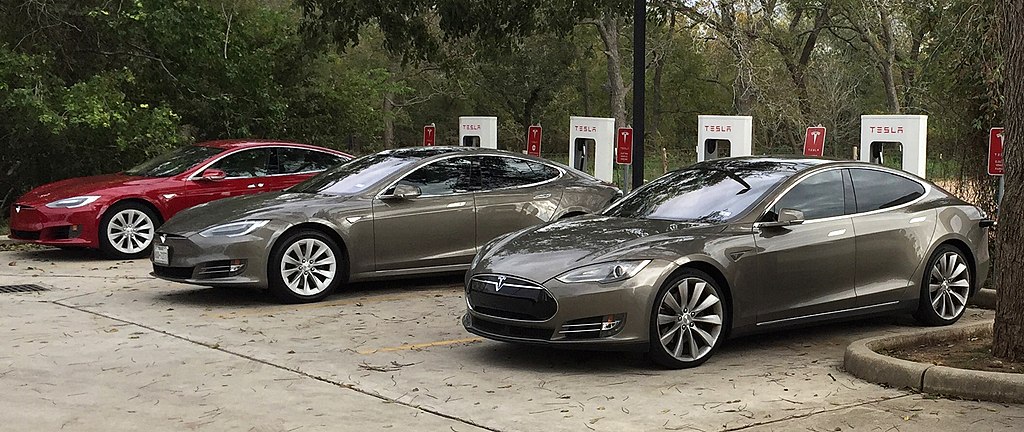If Tennessee Gov. Bill Lee gets his way — and the Republican governor probably will with a General Assembly that has a compliant Republican super-majority — Tennessee will triple its electric vehicle registration fee in 2023 to the highest in the land.
This comes as announced investments to manufacture electric vehicles (and to supply parts to electric vehicle manufacturing plants) are set to pour billions into Tennessee’s economy. The ideal of tripling the electric vehicle registration fee is as prescient as taxing country music.
The state needs more revenues to build and maintain highways. The governor insists there is no way he is raising the state gas tax or will borrow for highways. Toll lanes are also being proposed, but he won’t call them that. His “Choice Lanes” make being stuck in traffic a personal freedom issue, I guess.
The state’s special electric vehicle registration fee is $100 a year.
The Lee administration is proposing tripling the fee (tax) to $300, higher than any other state.
The state Transportation Commissioner Butch Eley has said it’s only fair because the average Tennessean pays a bit more than $300 in gas taxes per year.
The federal gas tax is 18.4 cents a gallon and Tennessee’s gas tax is 27.4 cents a gallon.
TDOT spokesperson Beth Emmons told the Nashville Scene the department came up with the $300 number using the average mileage driven by a Tennessee driver annually (reported at 15,287 miles by the Federal Highway Administration) and the “arithmetic average of miles per gallon using model years 2000 through 2021” for cars, which the department calculates at 22.4 miles per gallon for the “average” car.
Using that math, they found that the average Tennessean pays $311 in federal and state gas taxes annually.
“Commissioner Eley has said those that use the roads should pay for them,” Emmons wrote The Nashville Scene in an email. “Everyone should pay their share.”
And right there is the rub.
A flat yearly rate based on the average will never neatly match a tax based on fuel consumption. Driving habits and fuel efficiency vary widely for internal combustion engine vehicles as does the driving habits of electric vehicle drivers.
Drive Electric Tennessee, using a slightly lower yearly mileage average also from the Federal Highway Administration, came up with an estimate that says electric vehicle owners pay just $13 less than the average paid by Tennesseans driving gasoline cars in state taxes.

TDOT’s figures combine state and federal taxes while Drive Electric Tennessee only considers state gasoline taxes.
Either way, electric vehicle owners who drive less than the average will be paying more than their “share” — low mileage drivers will be paying much more.
In my case, I will drive my electric car about 8,000 miles this year. At $300, that is a tax of .0375 cents per mile — or about $1.125 a gallon — if I was driving a car that got 30 miles to the gallon.
Yes, equivalent to a $1.125 gas tax per gallon.
Even using the state’s average of a 22.4 mpg car, I would be paying close to a double “share.”
I hope state lawmakers take a close look at the shortsightedness of this plan.
(Photo of Teslas at a SuperCharger is by Ed Uthman and is used under a Creative Commons license. Via WikiMedia Commons.)
